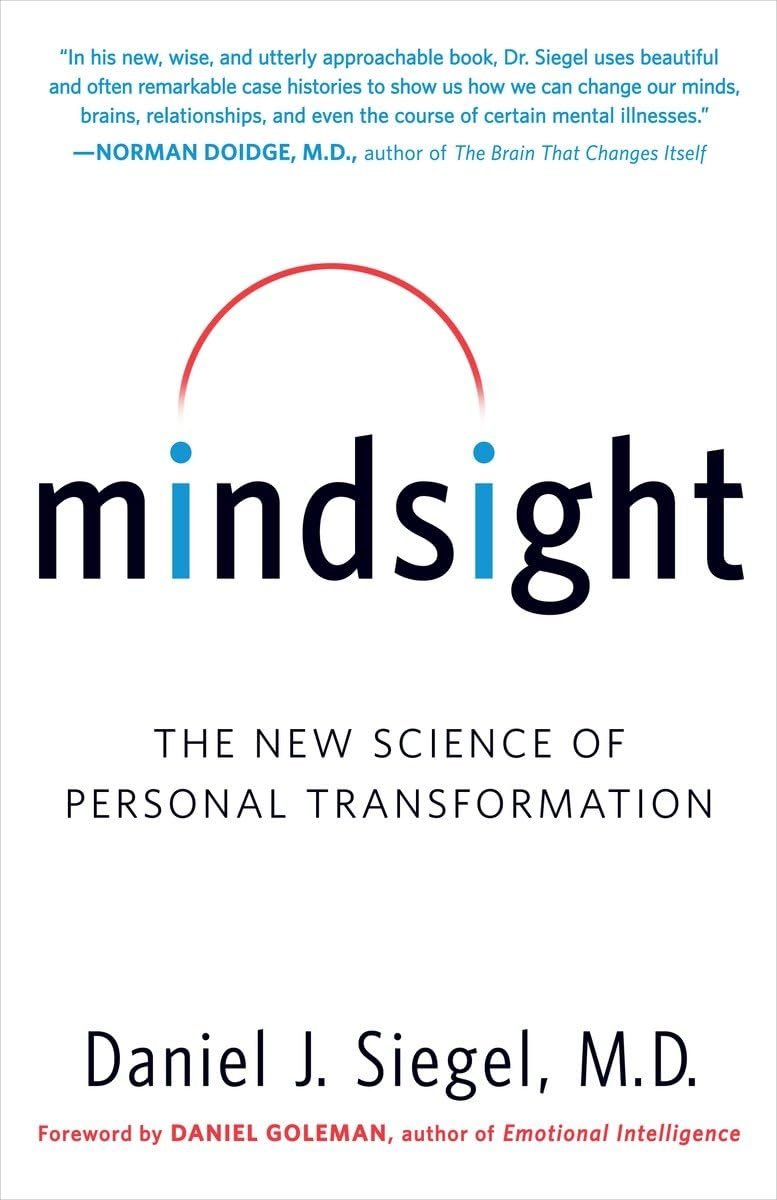
RESOURCES
If you’re in immediate need of mental health support, please reach out to someone in your personal network
or consider calling one of the below resources.
(*indicates potential police involvement)
EMERGENCY SERVICES*
911
LA SUICIDE PREVENTION HOTLINE
(310) 391-1253
CRISIS HOTLINE*
(800) 854-7771
CRISIS TEXTLINE
741-741
TRANS LIFELINE*
(877) 565-8860
THE TREVOR PROJECT*
(866) 488-7386
HEALTH & HUMAN SERVICES REFERRAL
211
NATIONAL MATERNAL MENTAL
HEALTH HOTLINE
(833) 943-5746
DV/SA ASSAULT HOTLINE*
(800) 339-3940
VICTIM CONNECT RESOURCE CENTER
(855) 484-2846
LA SUBSTANCE USE HOTLINE*
(844) 804-7500
NEDA (National Eating Disorders Association) HELPLINE
(800) 931-2237
NEDA CRISIS TEXT LINE
Text “NEDA” to 741-741
Support / Additional Resources
Black Emotional & Mental Health Collective
Black Men Heal
Organization
Empowering Gender Diverse Individuals Experiencing Homelessness
Self-Compassion
Site
Eating
Disorders
Anonymous
Addressing Mental
Health Needs of Black
Women & Girls
Providing Mental Health Resources to the Latinx Community
Los Angeles
Alcoholics
Anonymous
Community & Support
Groups for LGBTQIA+ Individuals
Maintenance Phase Podcast
Melanin & Mental Health
Support Groups
Native Land Digital
National Eating Disorders Association
National Queer & Trans Therapists of Color Network
Overeaters
Anonymous
Substance Abuse
& Mental Health Services
Non-Profit, Affordable Counseling Center (LA)
Self-Injury Recovery
& Awareness
Overcoming Addictive Behaviors
Crisis Intervention
Non-Profit for
LGBTQ+ Youth
Virtual & In-Person
Healthcare for Women
Research on Gender Identity Law & Public Policy
Family & Friends
of Alcoholics
Alcoholics
Anonymous
LGBTQ+ Empowering Healthcare
Asian Mental
Health Collective
Sexual, Domestic & Interpersonal Violence Resources
Provides Affordable Psychotherapy
Sessions
Using Buddhist Practices to Recover From Addiction
Postpartum Support International
Addressing Mental Health Needs of Black Women & Girls
Affordable Mental
Health Care
Continuing Education for Affirmative Psychotherapists
Providing Mental
Health Resources to
Men of Color
Books
Edward M. Hallowell. M.D.
& John J. Ratey, M.D.
Adult Children of Emotionally Immature Parents
Lindsay C. Gibson, PsyD
bell hooks
Donna Jackson Nakazawa
Melody Beattie
Lisa Capps & Elinor Ochs
Kristin Neff, Ph.D.
Evelyn Tribole &
Elyse Resch
Carol S. Dweck, Ph.D.
Daniel J. Siegel, M.D.
Pooja Lakshmin, M.D.
The Autistic Survival Guide to Therapy
Steph Jones
David J. Miklowitz
Sonya Renee Taylor
Norman Doidge
Judith Lewis Herman
Us: Getting Past You & Me to Build a More Loving Relationship
Terrence Real & Bruce Springsteen
Helpful Articles / Videos
“Can Brain Science Help Us Break Bad Habits?”
newyorker.com
“Depression: How Psychotherapy and Other Treatments Can Help People Recover”
American Psychological Association
Scientific American
“Esther Perel on The Other AI: Artificial Intimacy”
SXSW (YouTube)
“How to Deal with Low Frustration Tolerance”
calmclinic.com
newyorktimes.com
Psych Central
“Introduction to EMDR Therapy”
EMDR International Association
positivepsychology.com
“It’s Hard to Search for a Therapist of Color. These Websites Want to Change That.”
nytimes.com
“Jonathan Haidt Wants You to Take Away Your Kid’s Phone”
newyorker.com
Ken Hardy’s “Tasks of Participants in Discussions about Race and Other Aspects of Social Identity”
nytimes.com
“Mindfulness Hurts. That’s Why It Works.”
theatlantic.com
“One Foot in the Present, One Foot in the Past: Understanding EMDR”
nytimes.com
verywellmind.com
psychiatryonline.org
“650 Prompts for Narrative and Personal Writing”
nytimes.com
“Take the ACE Quiz – and Learn What it Does and Doesn’t Mean”
npr.org
“10 Questions to Ask When Choosing a Therapist”
health.harvard.edu
nytimes.com
“There is No Hierarchy of Oppressions” by Audre Lorde
“The Relation Between Adverse Childhood Experiences and Adult Health: Turning Gold into Lead”
National Library of Medicine
“Whiteness Matters: Exploring White Privilege, Color Blindness and Racism in Psychotherapy”
psychotherapy.net
longreads.com
newyorker.com
goodtherapy.org
I think the major difference between a social justice and white/colonial lens on trauma is the assumption that trauma recovery is the reclamation of safety – that safety is a resource that is simply ‘out there’ for the taking and all we need to do is work hard enough at therapy […] Colonial psychology and psychiatry reveal their allegiance to the status quo in their approach to trauma: That resourcing must come from within oneself rather than from the collective. That trauma recovery is feeling safe in society, when in fact society is the source of trauma […] But the bodies of the oppressed are rightly interpreting danger […] We are not, in the end, preparing the body to ‘return’ to the general safety of society (this would be gaslighting). We are preparing the body, essentially for struggle – training for better survival & the ability to experience joy in the midst of great danger. In the cauldron of social justice healing praxis, we must aim for relationality that has the potential to generate social change, to generate insurrection. We must be prepared to challenge norms. Acknowledge danger. Embrace struggle.
Take risks.
– Kai Cheng Thom
























































